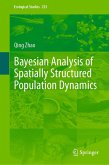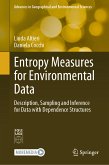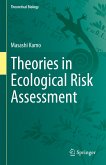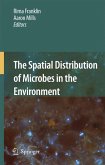A fully updated and expanded edition of the essential primer on Bayesian modeling for ecologists
Uniquely suited to deal with complexity in a statistically coherent way, Bayesian modeling has become an indispensable tool for ecological research. This book teaches the basic principles of mathematics and statistics needed to apply Bayesian models to the analysis of ecological data, using language non-statisticians can understand. Deemphasizing computer coding in favor of a clear treatment of model building, it starts with a definition of probability and proceeds step-by-step through distribution theory, likelihood, simple Bayesian models, and hierarchical Bayesian models. Now revised and expanded, Bayesian Models enables students and practitioners to gain new insights from ecological models and data properly tempered by uncertainty.
Uniquely suited to deal with complexity in a statistically coherent way, Bayesian modeling has become an indispensable tool for ecological research. This book teaches the basic principles of mathematics and statistics needed to apply Bayesian models to the analysis of ecological data, using language non-statisticians can understand. Deemphasizing computer coding in favor of a clear treatment of model building, it starts with a definition of probability and proceeds step-by-step through distribution theory, likelihood, simple Bayesian models, and hierarchical Bayesian models. Now revised and expanded, Bayesian Models enables students and practitioners to gain new insights from ecological models and data properly tempered by uncertainty.
- Covers the basic rules of probability needed to model diverse types of ecological data in the Bayesian framework
- Shows how to write proper mathematical expressions for posterior distributions using directed acyclic graphs as templates
- Explains how to use the powerful Markov chain Monte Carlo algorithm to find posterior distributions of model parameters, latent states, and missing data
- Teaches how to check models to assure they meet the assumptions of model-based inference
- Demonstrates how to make inferences from single and multiple Bayesian models
- Provides worked problems for practicing and strengthening modeling skills
- Features new chapters on spatial models and modeling missing data
Dieser Download kann aus rechtlichen Gründen nur mit Rechnungsadresse in A, D ausgeliefert werden.









